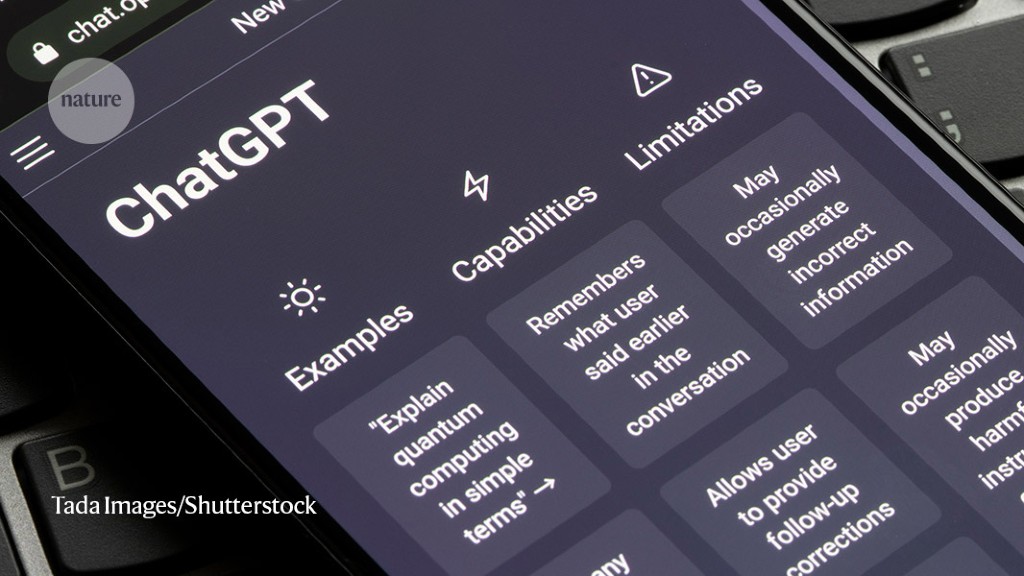Will the World Ever See Another IPCC-style Body?
Many have sought to copy the IPCC. A new book explains why the panel's all-encompassing scientific assessments are hard to replicate.
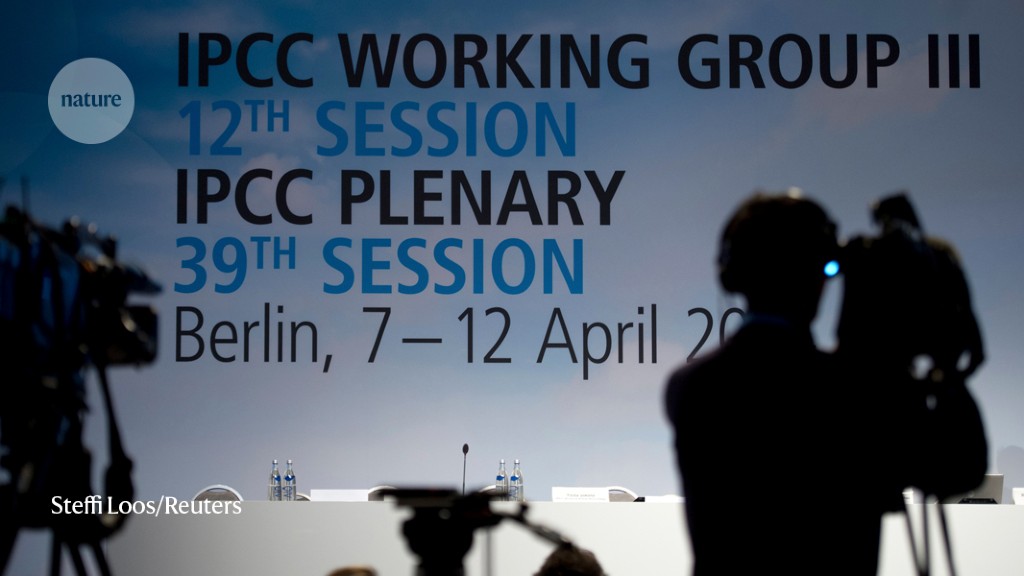
Send us a link
Many have sought to copy the IPCC. A new book explains why the panel's all-encompassing scientific assessments are hard to replicate.

Climate change adaptation is increasingly being addressed by public, private, and hybrid governance institutions across global, regional, national, sub-national, and local scales.
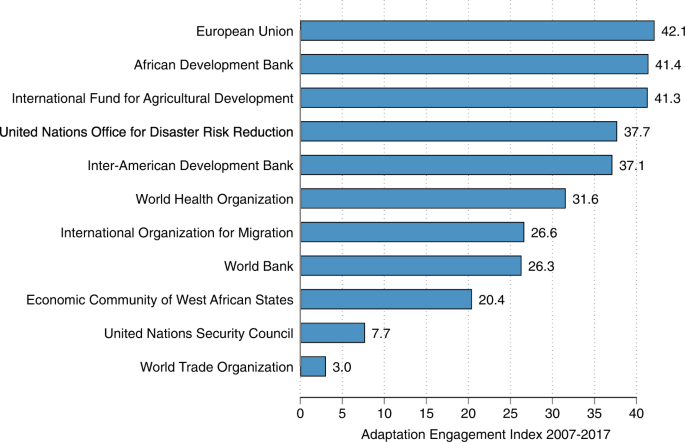
Podcast: Nature's experts delve into Twitter.
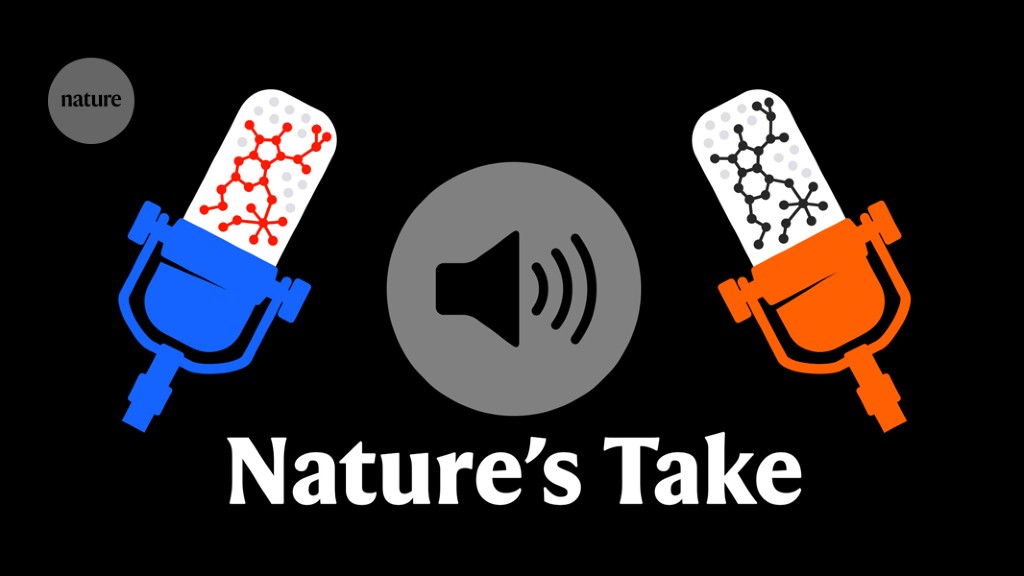
Negotiations on Horizon Europe dragged on - and UK-based researchers came up short.
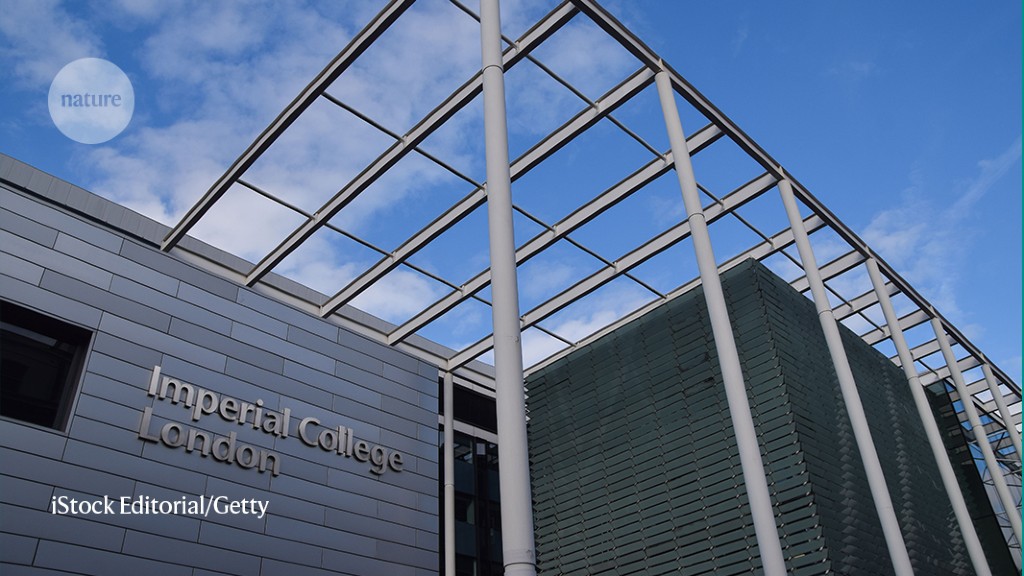
Nature analysis suggests that Russia is increasing partnerships with China and India.
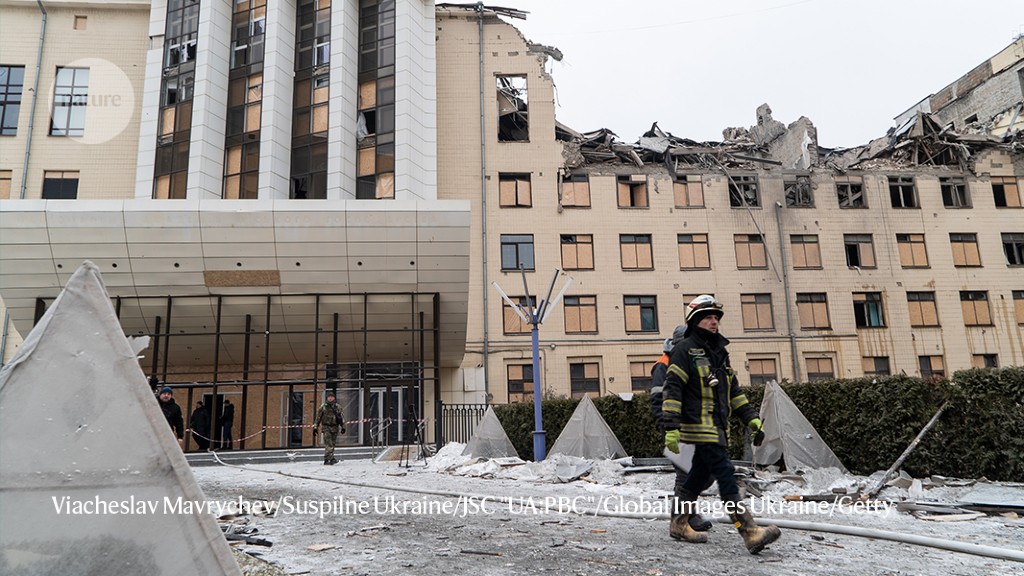
Studies involving hundreds, even thousands, of scientists are on the rise, but how do such large groups coordinate their work?
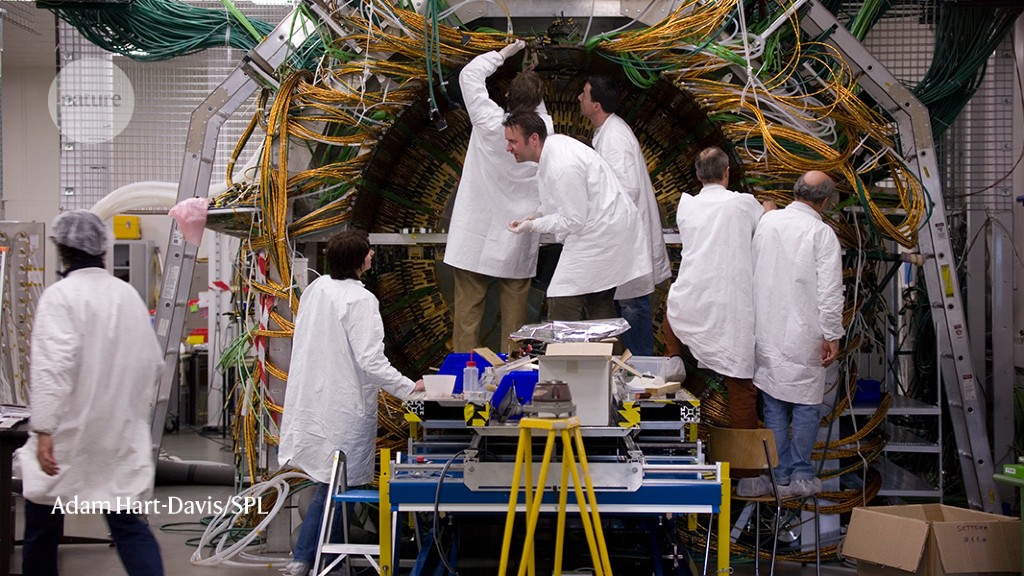
Funding should incentivize institutions to support healthy careers and to spark collaborations with industry.
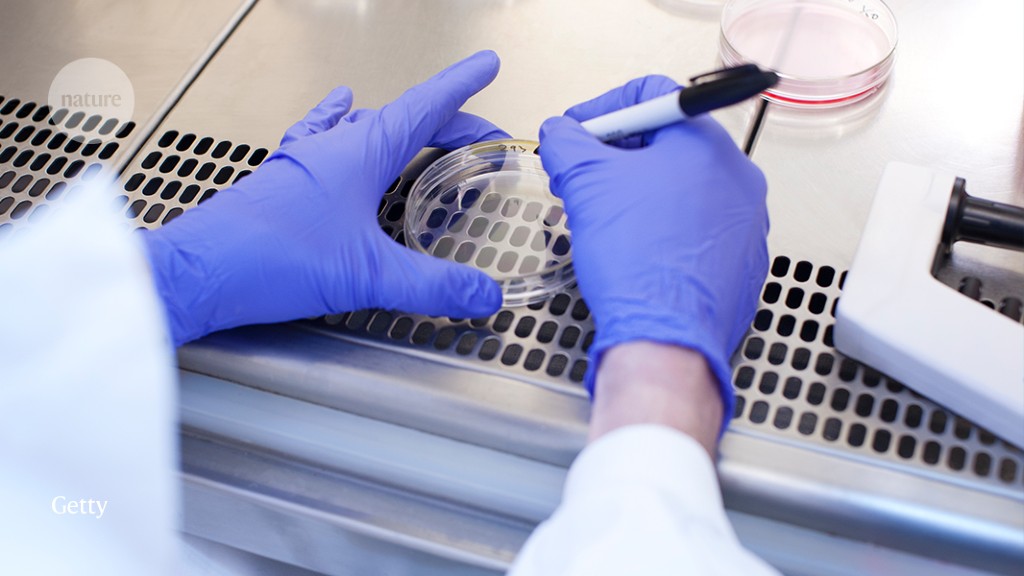
ChatGPT might not yet give us sparkling prose. But it can free scientists up to focus on more-stimulating writing tasks.
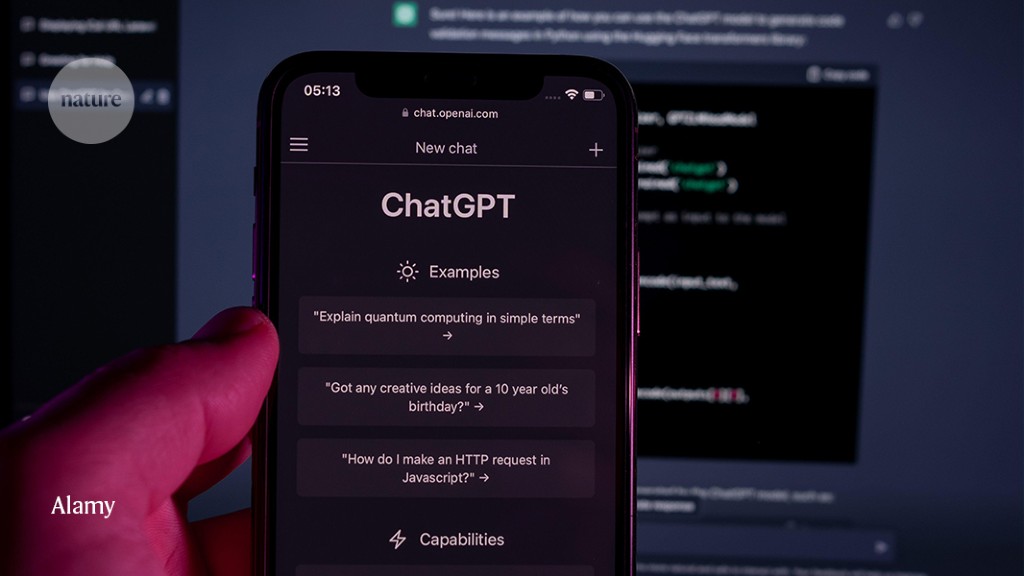
Can science papers be more transparent with respect to who thought of each idea, who ran each experiment, and who analysed the data?
Two years ago, this journal pledged to report on the diversity of sources in our journalistic content. The first results are now in.
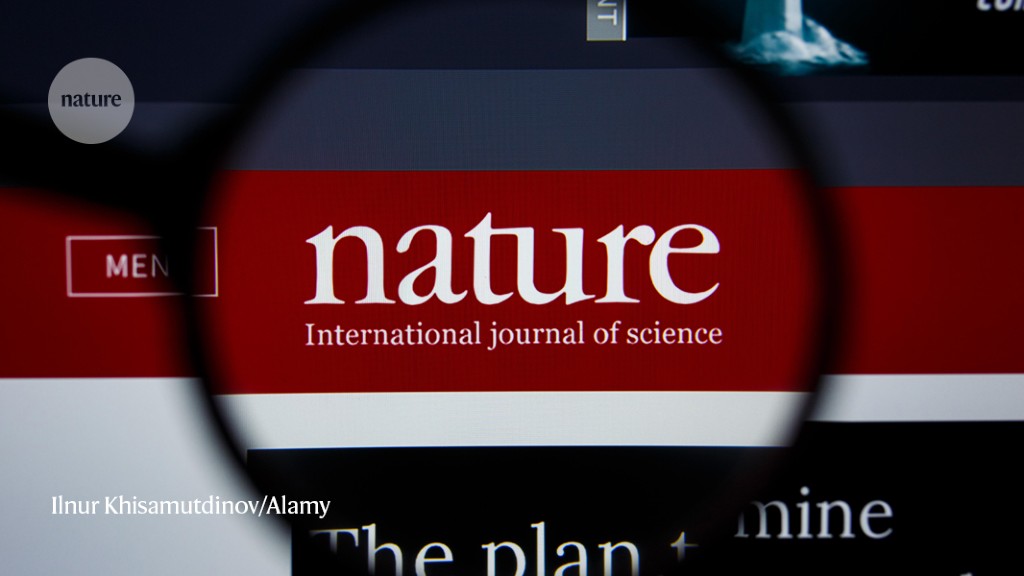
A controversial policy change threatens to upend large social-media studies.
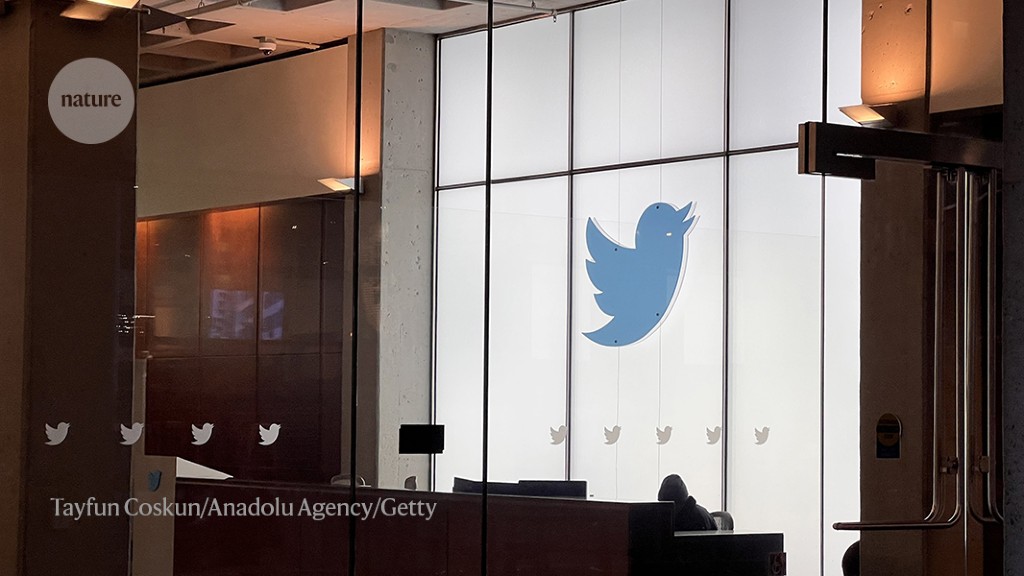
Now is not the time to undermine positive moves over the future of EU-UK science collaboration.
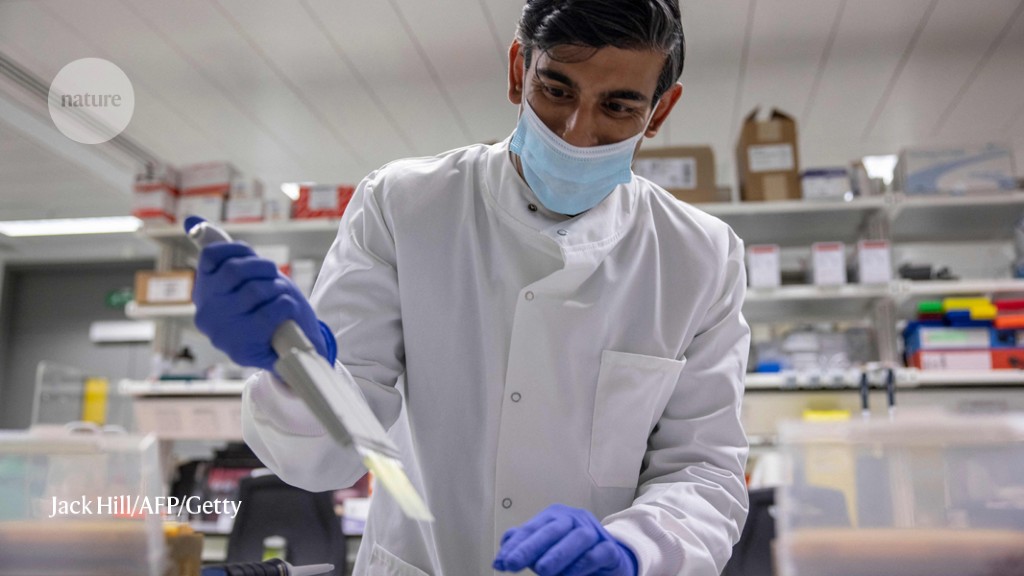
He Jiankui refused to answer researchers' questions about his controversial 2018 experiments at weekend event.
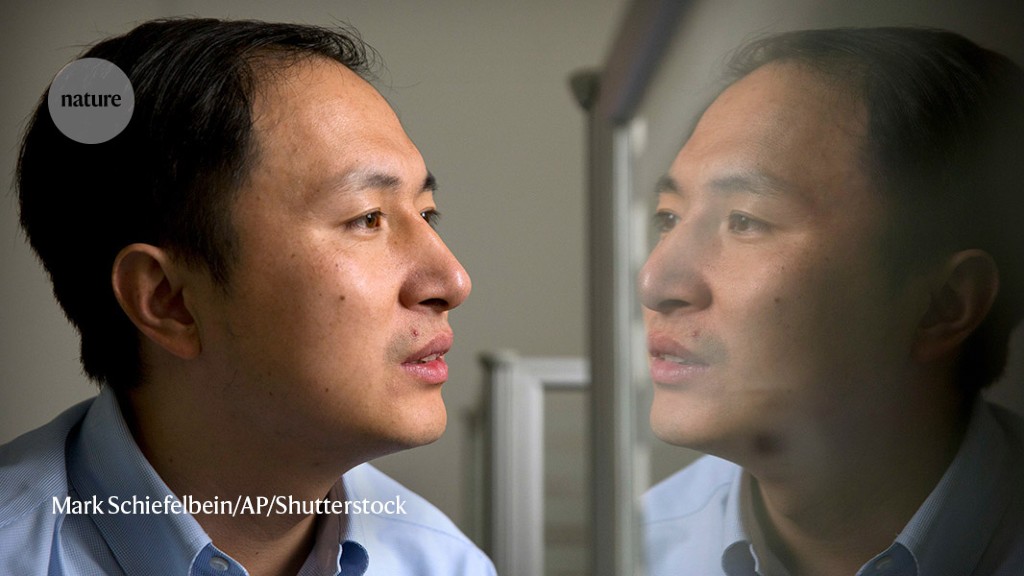
Group leaders voice their struggles with mental health to remove stigma and bolster institutional support.
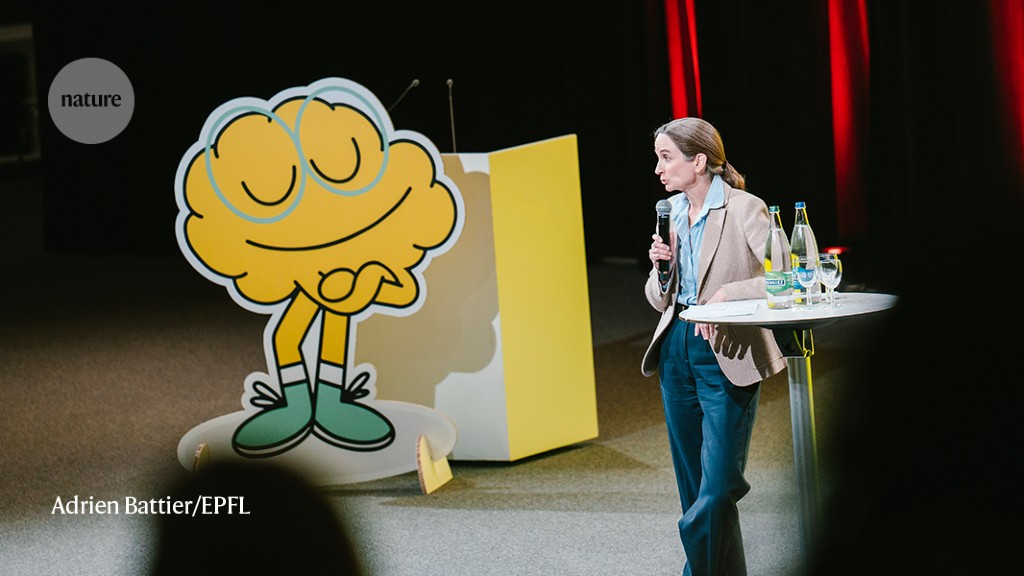
Faced with a deluge of papers, journal editors are struggling to find willing peer reviewers.
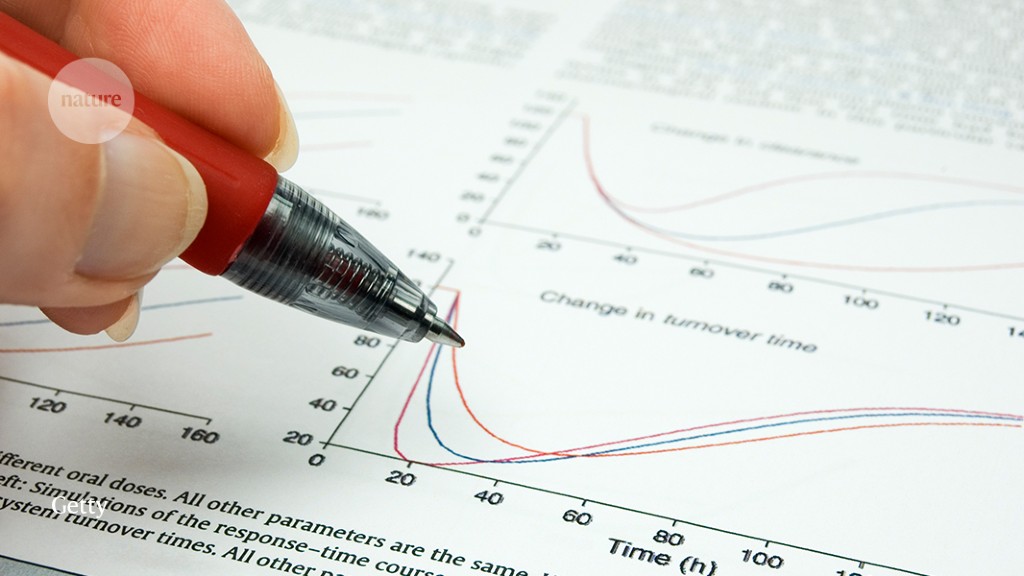
High-quality research requires appropriate employment and working conditions for researchers. However, many academic systems rely on short-term employment contracts, biased selection procedures and misaligned incentives, which hinder research quality and progress. We discuss ways to redesign academic systems, emphasizing the role of permanent employment.
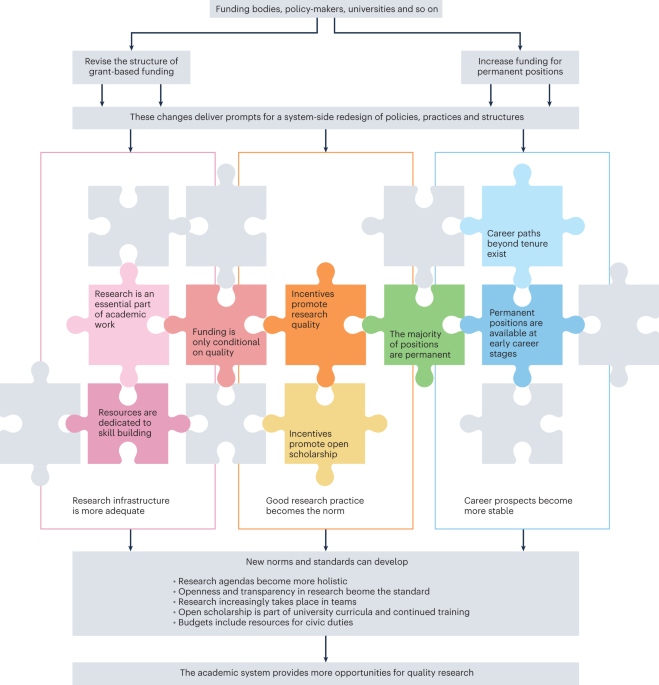
Former universities minister Michelle Donelan is appointed head of newly-created Department for Science, Innovation and Technology in mini-reshuffle.
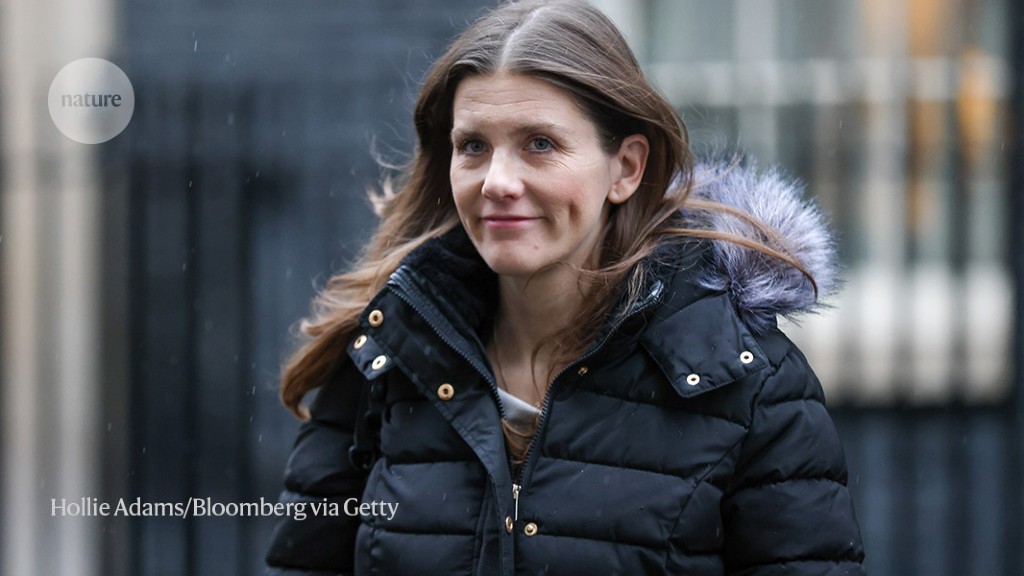
Data sharing has been a success for large collaborations like CERN and LIGO. But what about small research groups with bespoke experimental setups?
Conversational AI is a game-changer for science. Here's how to respond.
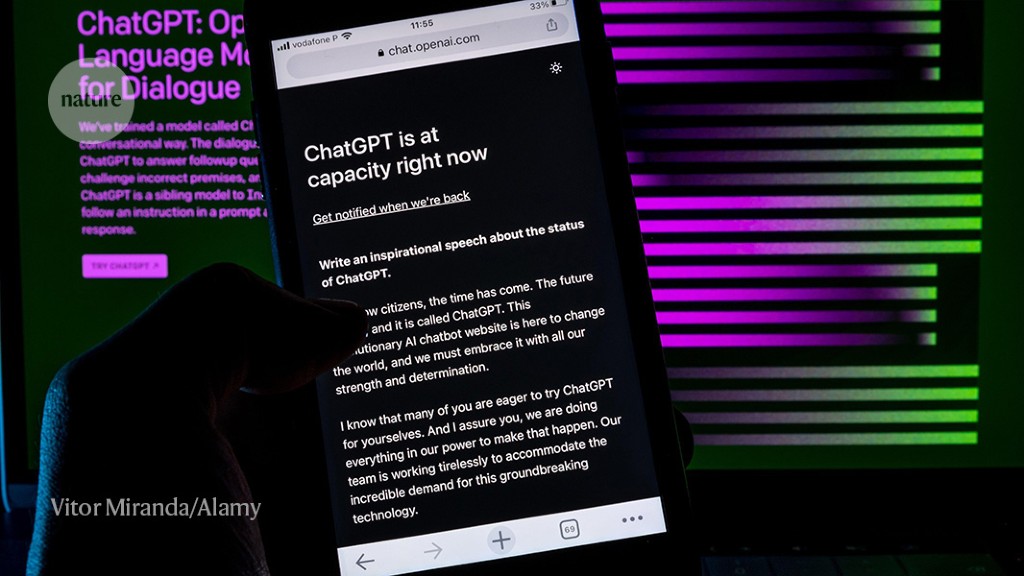
Mothers in academic research and those who support them say in a report that the funding system can and should remedy gender bias in the sciences.
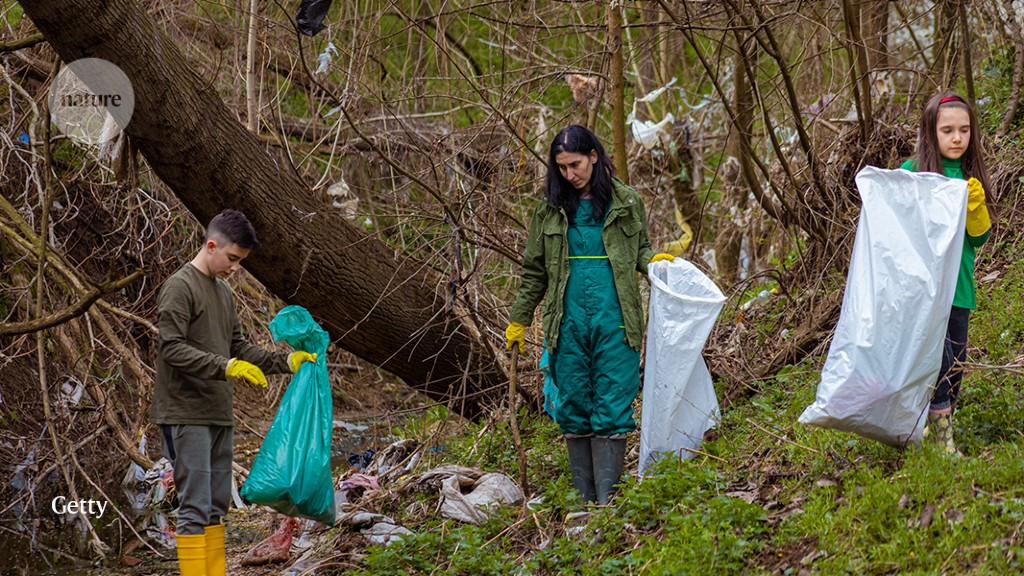
For young immigrant women like me, the pressures of early career research are even greater than for most. But it doesn't have to be that way.
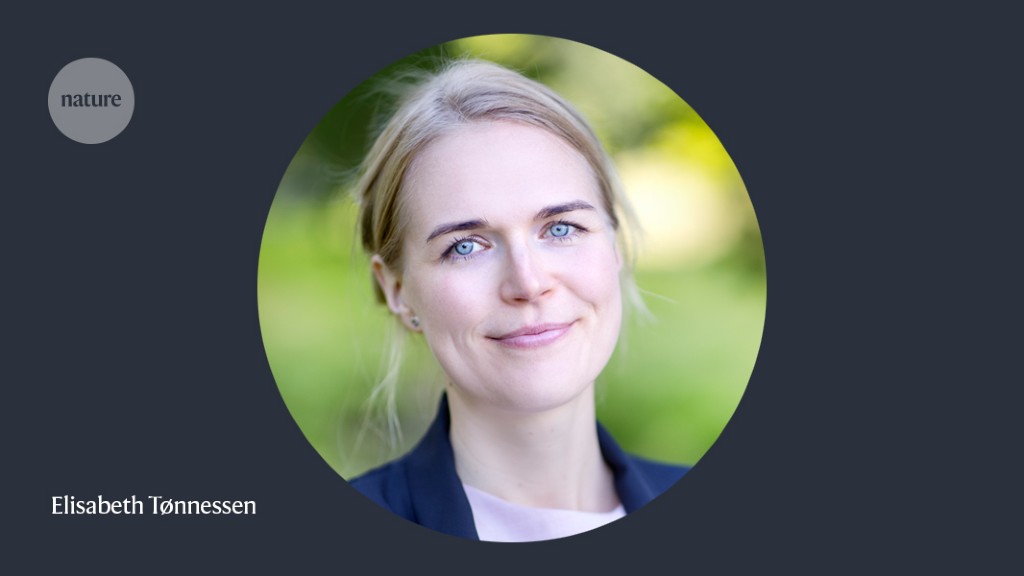
New technologies might provide more potent or broader immunity - but will have to fight for market share.
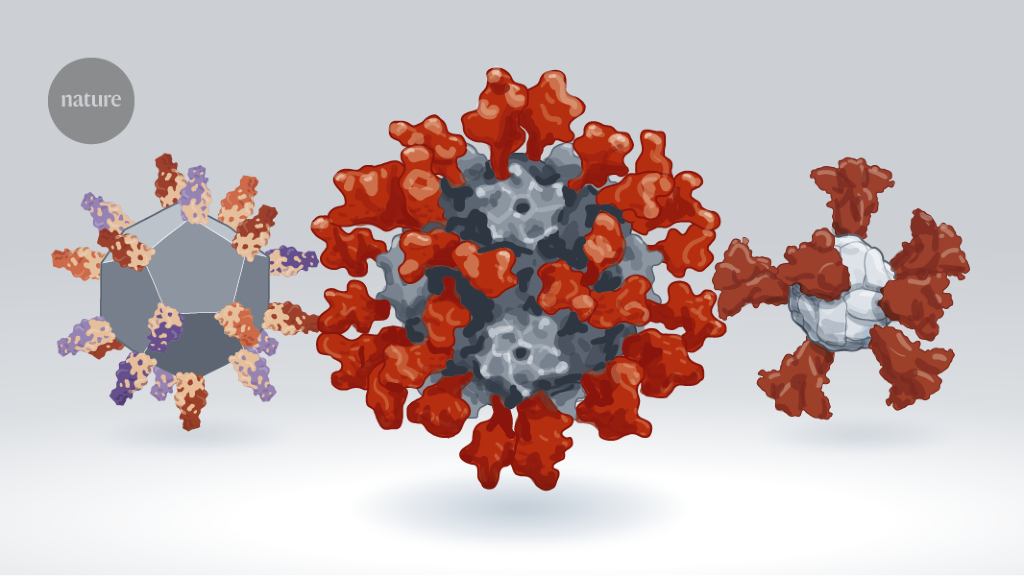
This meta-analysis of 42 studies finds that learning progress has slowed during the coronavirus disease 2019 pandemic, particularly among children from low socio-economic backgrounds and in poorer countries. Reported learning deficits were larger in maths than in reading.
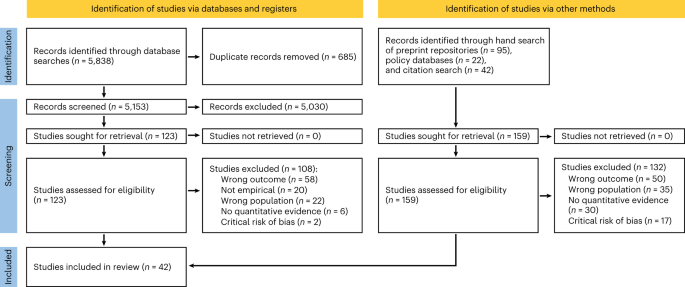
Heavy workloads, bullying and a lack of support add to falling job satisfaction for postdocs, junior faculty members and other young scientists.
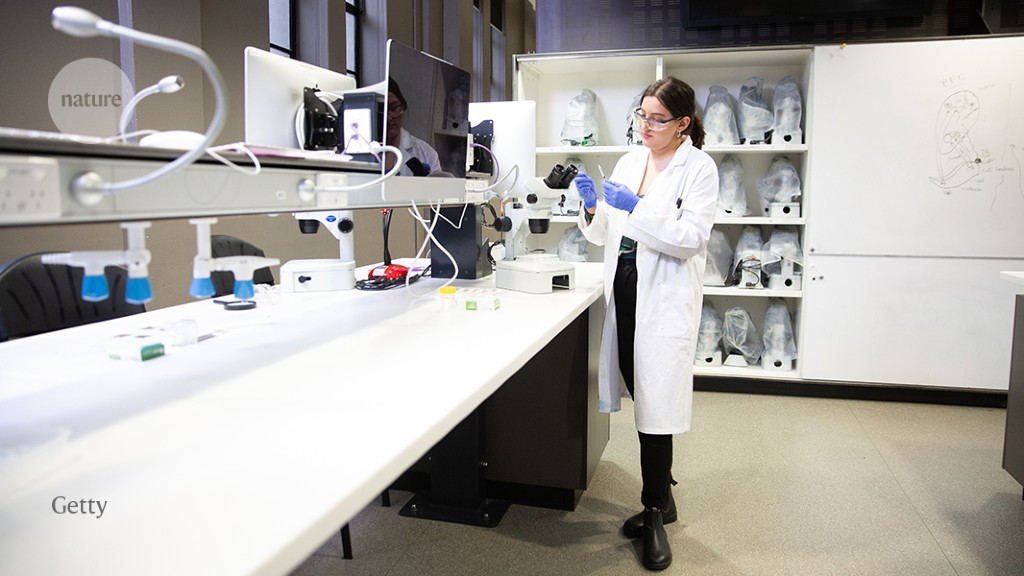
A study suggesting papers and patents that change the course of science are becoming less dominant is prompting soul-searching - and lively debate about why, and what to do about it.
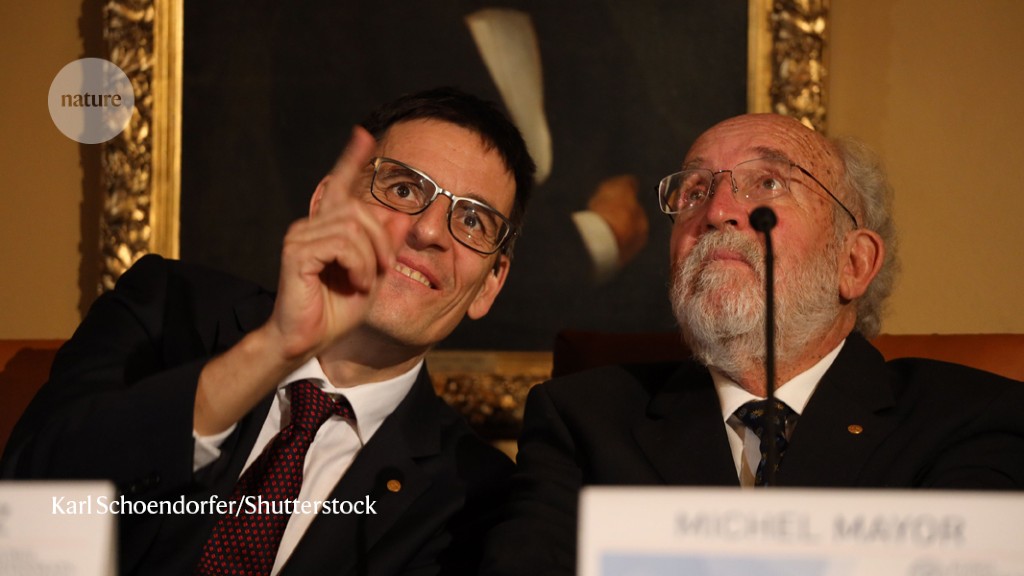
As researchers dive into the brave new world of advanced AI chatbots, publishers need to acknowledge their legitimate uses and lay down clear guidelines to avoid abuse.
